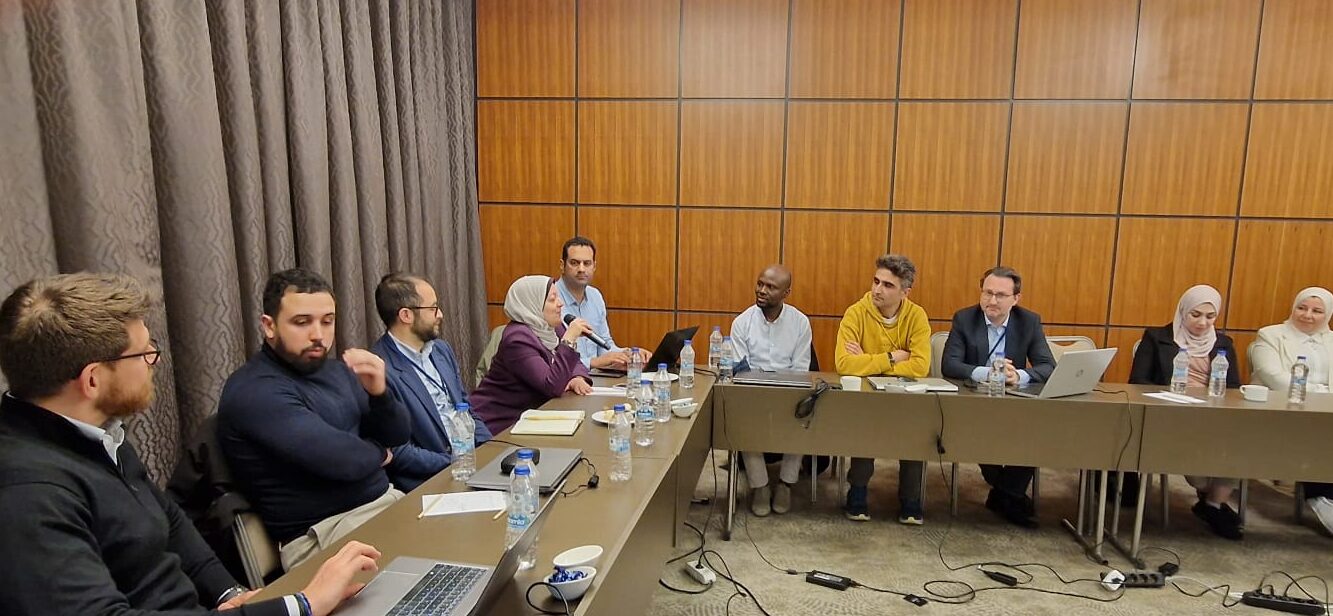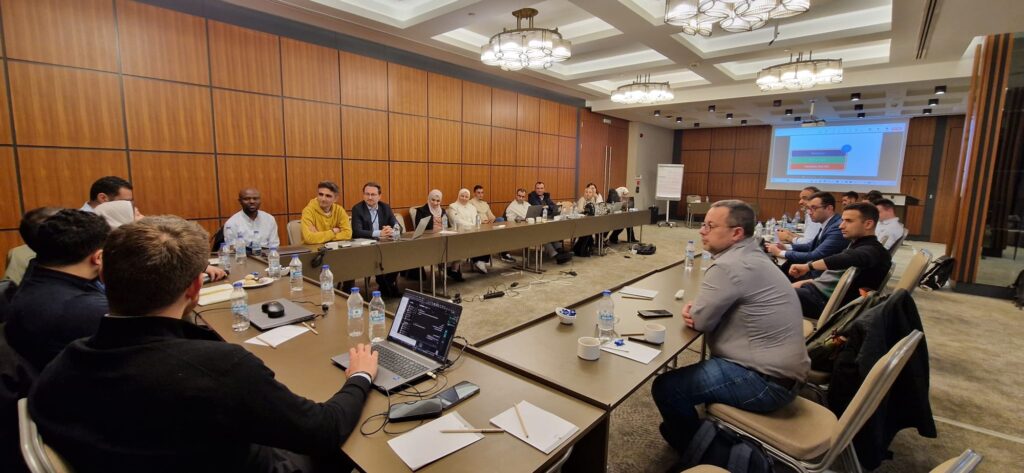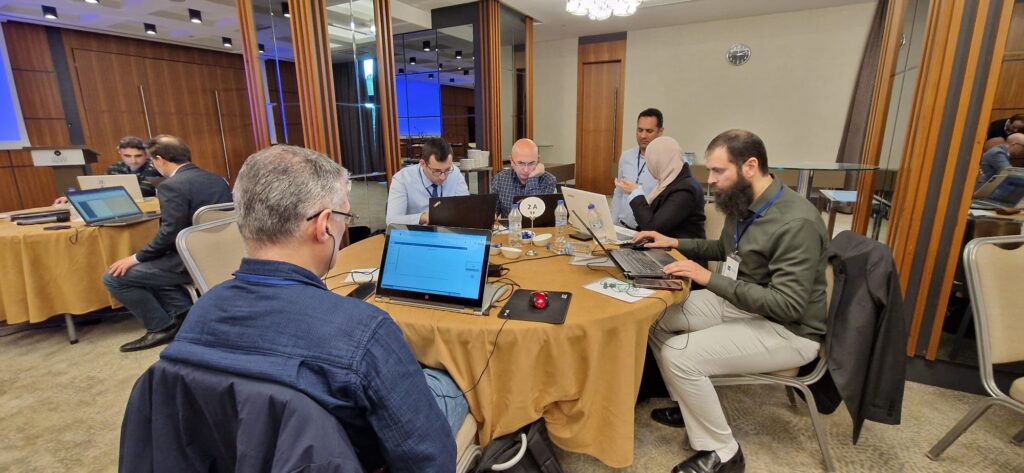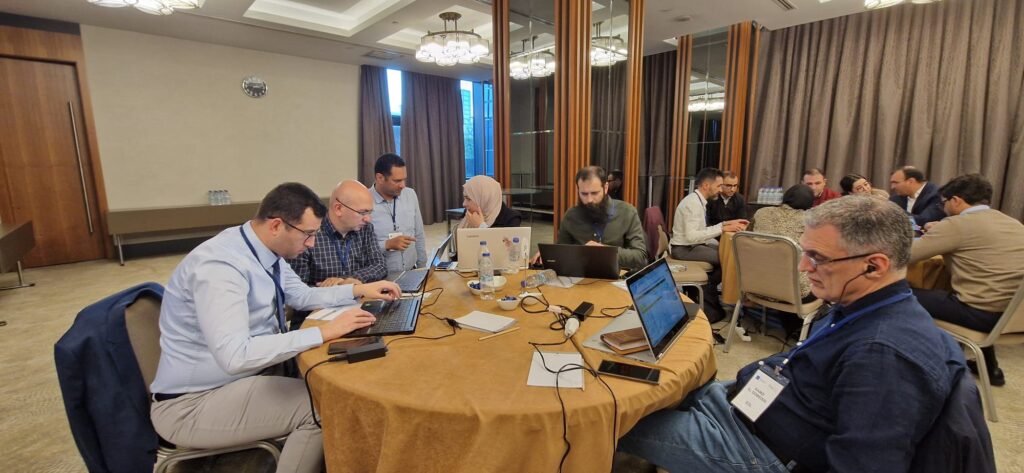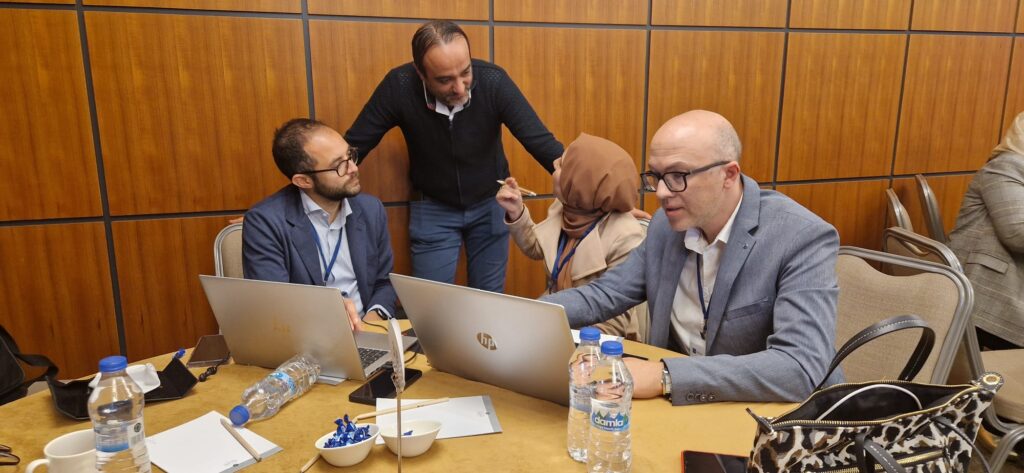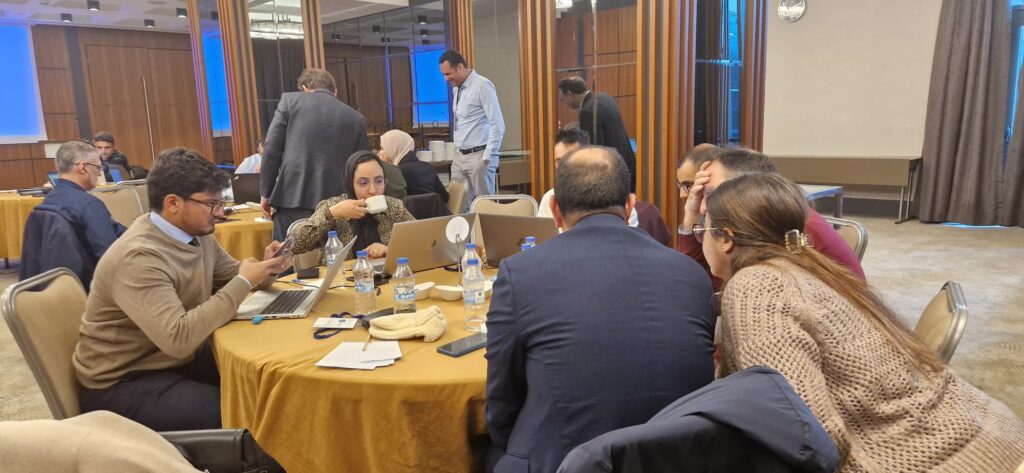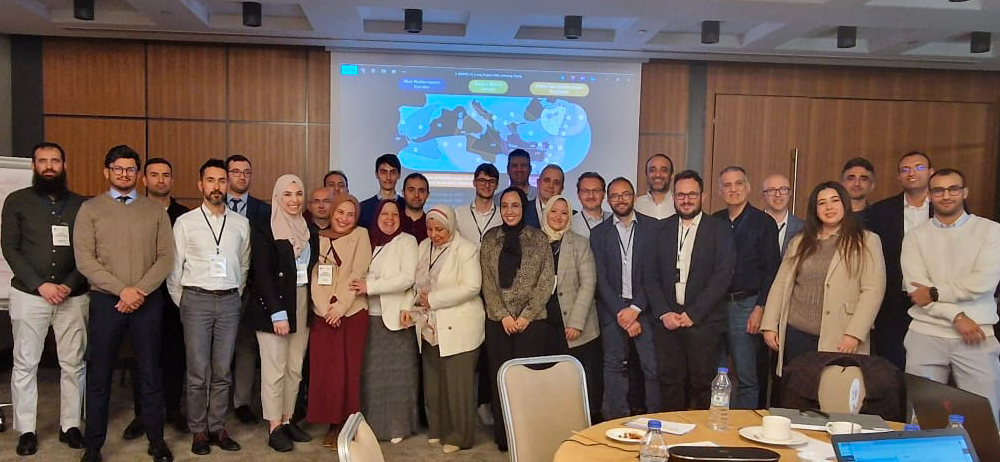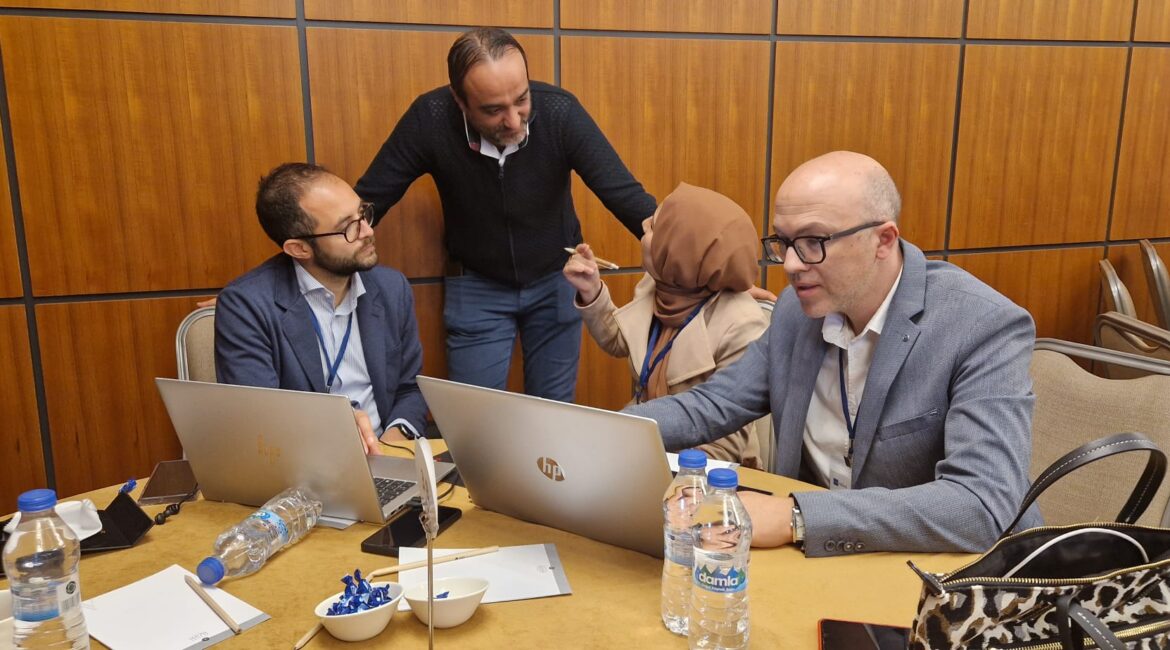This week, members of the Technical Committee Economic Studies and Scenarios and the Technical Committee Planning convened in Istanbul for a four-day joint workshop hosted by TEİAŞ in the framework of the TEASIMED 2 project.
The workshop offered a unique opportunity to align efforts and share initial results, with sessions focused on advancing scenario development, strengthening planning coordination, and refining methodologies for assessing system needs.
Energy Scenarios
The energy sector is profoundly transforming, driven by climate imperatives, technological progress, and shifting energy policies. In this context, Med-TSO’s Technical Committee “Economic Studies and Scenarios” presented three updated regional energy scenarios for 2030 and 2040 — Inertial, Proactive, and Mediterranean Ambition. These scenarios reflect varying levels of policy ambition and integration and were developed using the ANTARES simulation software to analyse system behaviour and cross-border exchanges.
These scenario frameworks will serve as the foundation for upcoming planning activities and contribute to the updating of the Mediterranean Master Plan of Interconnections.
Coordinated Planning for Future Interconnections
In parallel, the “Planning” Technical Committee is conducting a regional study to identify new interconnection opportunities across the Mediterranean basin. These studies assess potential investments and associated system losses, helping TSOs determine where cross-border collaboration can deliver the greatest benefits.
The Istanbul workshop was instrumental in ensuring consistency between the scenario results and the infrastructure planning exercises, especially as the committees worked closely to finalise methodologies for identifying system needs — a new component introduced under TEASIMED 2.
Unlike previous projects, TEASIMED 2 adopts a comprehensive approach that goes beyond network reinforcements. It includes system-wide considerations such as projected demand, storage capacities, and generation adequacy, offering a complete overview of future grid requirements.
Throughout the week, committee members engaged in joint plenaries and dedicated subgroup sessions. Discussions covered:
- The finalisation of regional scenarios;
- Updates to the Mediterranean Master Plan;
- The E-Highway initiative progress;
- New methodologies for system needs identification.
This technical exchange reflects Med-TSO’s strong commitment to fostering cooperation among its members and ensuring a more integrated, resilient, and sustainable energy future for the Mediterranean.
